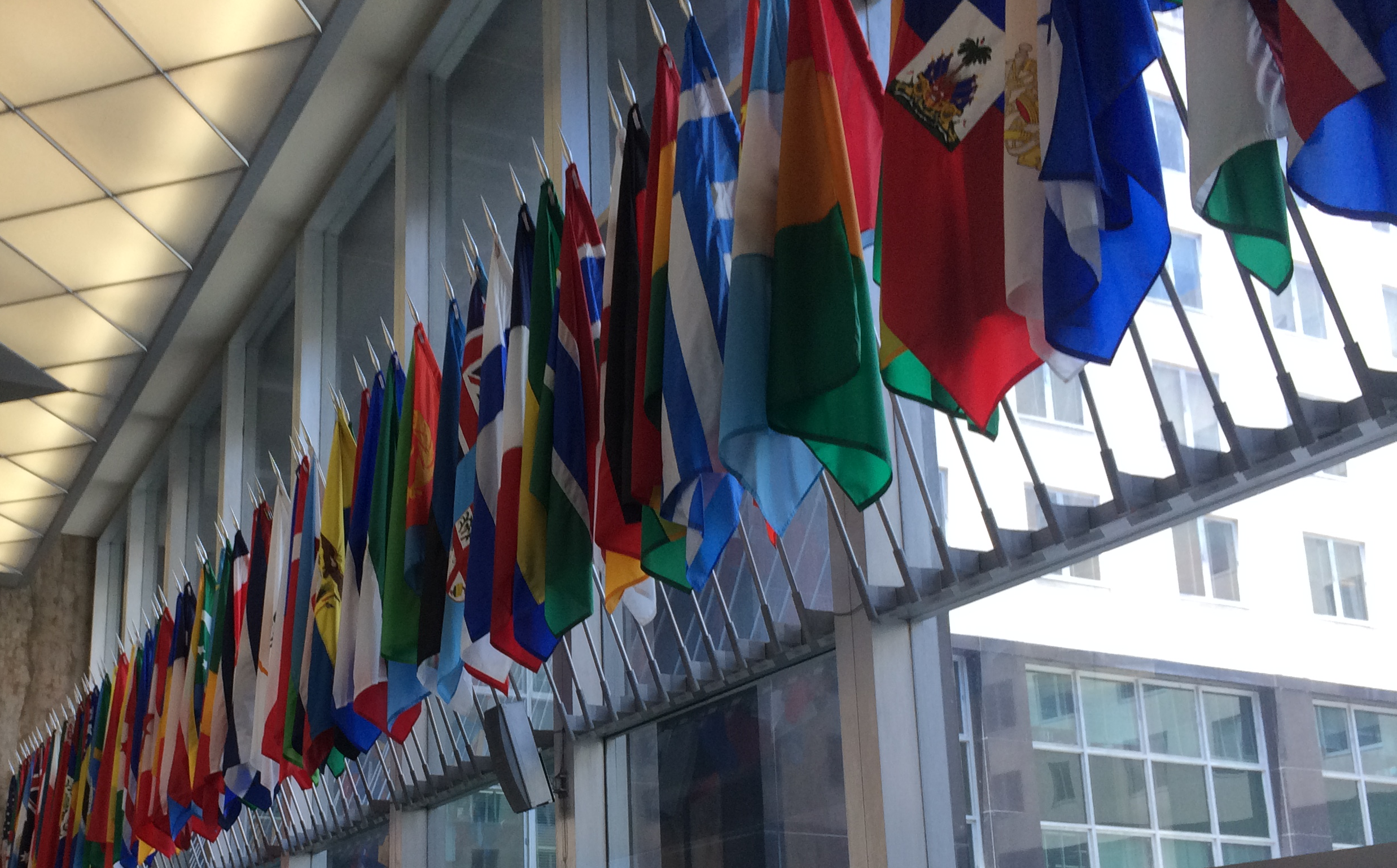UPDATE: The U.S. Senate confirmed Mike Pompeo as Secretary of State on April 26, 2018 in a 57-to-42 vote. He was sworn in as the 70th secretary of state shortly after the vote, and left almost immediately to begin a travel schedule that includes stops in Brussels, Belgium; Riyadh, Saudi Arabia; Jerusalem; and Amman, Jordan.
On Tuesday, March 13, 2018, President Trump announced that he was removing Rex Tillerson from his position as Secretary of State. Within the same tweet, the President also announced his nomination of CIA Director Mike Pompeo for the position. In his farewell remarks, Secretary Tillerson shared that, “What is most important is to ensure an orderly and smooth transition during a time that the country continues to face significant policy and national security challenges.” Later, in a press conference, the State Department confirmed that Secretary Tillerson, “has delegated the responsibilities, the day-to-day responsibilities, and duties to Deputy Secretary John Sullivan. Deputy Secretary Sullivan is carrying out all the meetings and duties and the paperwork that the Secretary would normally handle.” Secretary Tillerson will remain in his position until March 31, 2018, with Deputy Secretary Sullivan covering duties until a new Secretary is confirmed by Congress.
The U.S. Global Leadership Coalition has congratulated Mike Pompeo on his nomination for Secretary of State. Prior to his nomination as Director of the CIA, Pompeo served as a three-term Congressman in Kansas. As a Congressman, he served on the Tom Lantos Human Rights Commission where he said, “I will continue to advocate for a foreign policy focused on our long-held principles of advancing freedom and justice that also upholds the national interests of the United States.”
The Senate Foreign Relations Committee has said that they expect to hold a hearing on his confirmation in April.
The Education and Cultural Affairs Bureau of the Department of State oversees the J-1 visa programs, including Summer Work Travel and Intern/Trainee. It is the Secretary of State’s duty to carry out the President’s foreign policies through the State Department and the Foreign Service of the United States. They also oversee the administration of the Department of State and its Bureaus. Like many other government bodies, the State Department is quite large and complex, meaning that changes tend to happen over longer periods of time and not usually overnight. It is important, however, to understand the foreign policy perspective and goals of the Secretary of State as a way to stay ahead of possible changes to the department. Mike Pompeo’s confirmation hearing in front of Congress will give us a better sense of where he stands and what he may bring to the position. We look forward to keeping you informed as this process continues to move forward.
Are you passionate about cultural exchange and want to express to others why exchanges are important to you?! Become an advocate! Visit our Advocacy page and use our Advocacy Ezine for some helpful resources.
